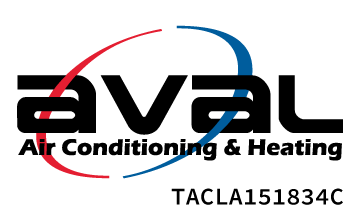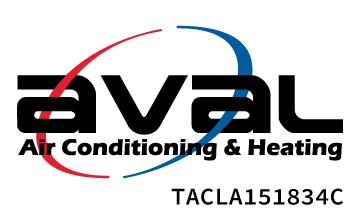A well-functioning HVAC system is essential for maintaining a comfortable and healthy living environment in residential and commercial properties. Many property owners prioritize temperature control and air purification without realizing the critical role that ventilation services play in ensuring optimal HVAC performance. In fact, proper ventilation is closely linked to energy efficiency and indoor air quality, translating into significant long-term financial and health benefits for property owners.
I. The Connection Between Ventilation and Energy Efficiency
Understanding how proper ventilation services contribute to a more energy-efficient HVAC system and the potential benefits in terms of cost savings and environmental impact.
- Improved Airflow: Proper ventilation ensures that your HVAC system operates efficiently by facilitating the smooth flow of air through the various components, reducing energy consumption and resulting in cost savings.
- Reduced Condensation: Adequate ventilation prevents the buildup of moisture, which can contribute to mold growth, corrosion, and other issues that negatively impact HVAC performance and energy efficiency.
- Temperature Control: By facilitating the exchange of indoor and outdoor air, a well-ventilated space reduces the burden on your HVAC system, allowing it to maintain the desired temperature with greater ease and lower energy usage.
- Indoor Air Quality: Proper ventilation helps maintain healthy indoor air quality, reducing the need for more energy-expensive air purification systems and contributing to overall HVAC efficiency.
II. Signs of Inadequate Ventilation
Recognizing common indicators of improper ventilation in a property, such as health concerns, uncontrolled humidity, and unpleasant odors.
- Health Issues: Persistent respiratory problems, allergies, and other health conditions among occupants may indicate inadequate ventilation in your property.
- Humidity Problems: Uncontrolled humidity levels, such as excess moisture or overly dry conditions, can suggest ventilation problems within your HVAC system.
- Persistent Odors: A well-ventilated space should quickly dissipate unpleasant odors. Lingering smells can be a sign of poor ventilation.
- Mold and Mildew Growth: Visible mold or mildew growth on walls, ceilings, and other surfaces can be a clear indication of ventilation issues in your property.
III. Professional Ventilation Solutions for Improved Performance
Exploring the advantages of expert ventilation services, including system assessments, adjustments, and maintenance provided by our professional technicians.
- System Assessment: Our professionals evaluate your current ventilation system to identify any issues affecting its performance and recommend appropriate solutions to optimize energy efficiency.
- Ventilation Adjustments: Proper duct and vent sizing and placement are crucial for optimal ventilation and HVAC performance. Our technicians can make necessary adjustments to improve air circulation and energy efficiency.
- Regular Maintenance: Routine inspections and maintenance of your HVAC system, including duct cleaning, filter changes, and ventilation checks, can significantly contribute to improved energy efficiency and prevent potential problems.
- Customized Solutions: Our ventilation services are tailored to meet the unique requirements of your property, ensuring the optimal performance of your HVAC system and maximized energy efficiency.
IV. Tips on Enhancing Ventilation and Energy Efficiency
Practical advice on how property owners can adopt effective measures to improve ventilation in their space, ultimately contributing to a more energy-efficient and comfortable environment.
- Natural Ventilation: Whenever possible, take advantage of natural ventilation by opening windows and doors, allowing fresh air to circulate throughout your property.
- Use of Exhaust Fans: Properly installed exhaust fans in moisture-prone areas, such as kitchens and bathrooms, can help maintain desired humidity levels and improve overall ventilation.
- Seal Air Leaks: Ensure that your property is well-sealed to prevent drafts and maintain consistent indoor temperatures, reducing the burden on your HVAC system.
- Proper Insulation: Adequate insulation contributes to energy efficiency by reducing heat exchange between indoor and outdoor spaces, allowing your HVAC system to maintain comfortable temperatures with less energy consumption.
Conclusion
Elevating the importance of proper ventilation in residential and commercial properties can lead to substantial benefits in terms of energy efficiency, improved air quality, and overall comfort. By working with our experienced professionals at Aval Air Conditioning & Heating, you gain access to expert solutions tailored to your unique needs, ensuring your HVAC system performs at peak efficiency and contributes to a healthier, more enjoyable indoor environment. Trust us for best-in-class ventilation services, and experience the benefits of a well-ventilated, energy-efficient property today.





